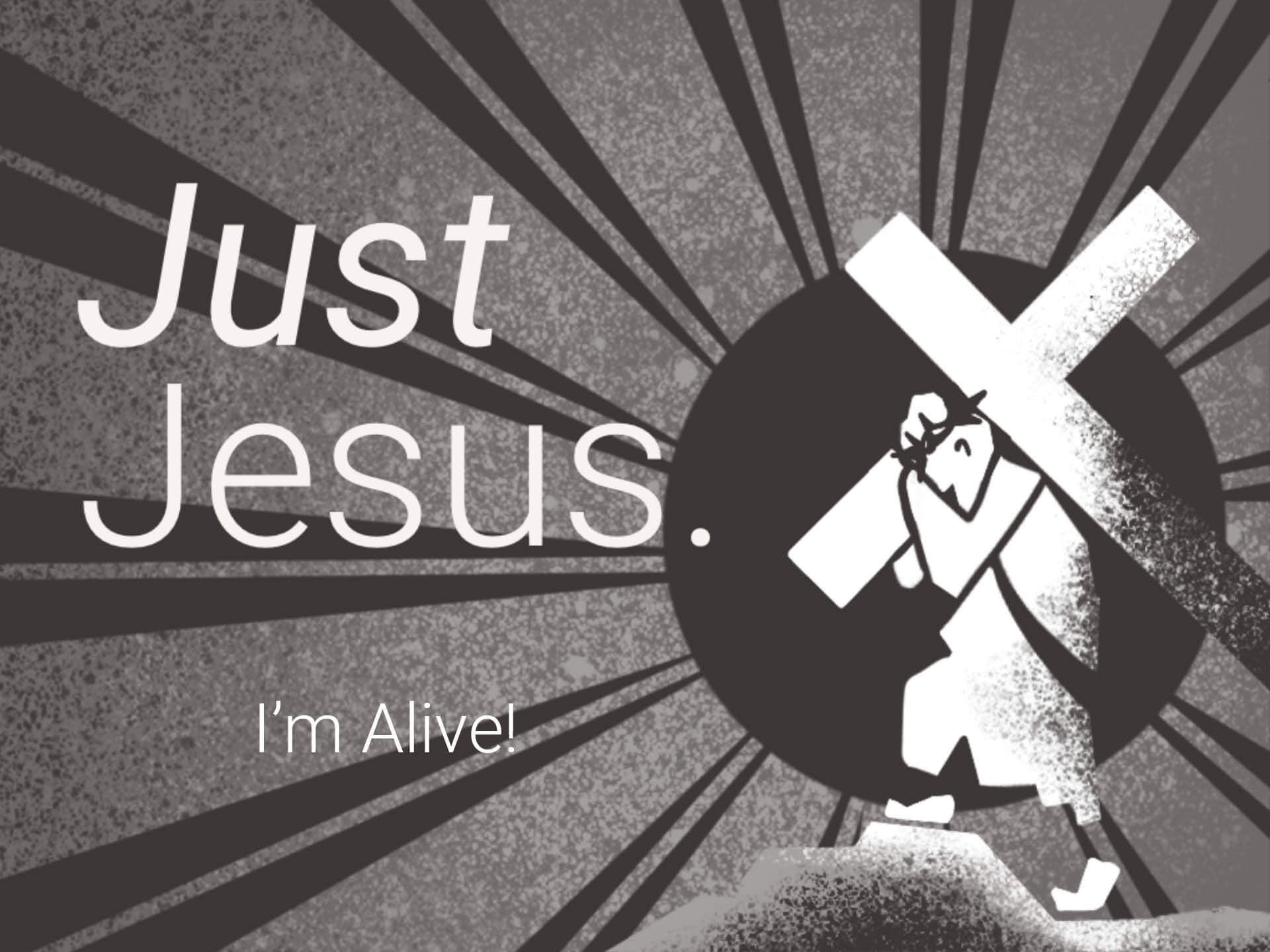The Perfect Sacrifice
About this series
Obviously we are always focussed on Jesus, but in our first series - Just Jesus - we’re going to look, over 13 weeks, at some of the high points in the New Testament that show us who Jesus is, why he’s so wonderful, what he’s done for us and what it means to live in the light of all that.
Sinclair Ferguson wrote, ‘We need to expend our energies admiring, exploring, expositing and extolling Jesus Christ’ - that is precisely our aim in the Just Jesus series. The more we see of Jesus, the more we’ll have to be delighted in and the greater will be our motivation to live for him in our everyday lives.
So, come with great expectation that the Holy Spirit will be powerfully at work leading us to know and love our Lord and Saviour Jesus Christ.
About this talk
Scripture: Hebrews 10:1-18
The entire letter to the Hebrews makes it clear that a knowledge of the Old Testament is crucial to understanding the New Testament. And, in particular, to understanding the person and work of Jesus. Philip Yancey: ‘I can no more understand Jesus apart from his Jewishness than I can understand Gandhi apart from his Indianness. I need to go way back, and picture Jesus as a first-century Jew with a phylactery on his wrist and Palestinian dust on his sandals.’
None of this means that we need to restrict Jesus to his original physical context because, as Hebrews makes clear, Jesus came to do away with the law and the exclusive national identity of God’s people as Israelites. Vs 1-4 show us that the old covenant was “only a shadow” (v 1), could “never…make perfect those who draw near to worship” (v 2) and that it was impossible [for that covenant] to take away sins” (v 3) - God’s plan was always to establish a new covenant that would encompass all nations through Christ as priest and sacrifice.
Once again (see notes on Hebrews 1:1-3, above) there is significant continuity and discontinuity here as the work of Jesus is compared and contrasted to the old covenant. Jesus is at one and the same time both priest and sacrifice, but in a far greater order than anything that came before:
As a priest, he offers the sacrifice and mediates between God and man.
As the sacrifice, he offers himself as the means of our forgiveness and thus makes us holy (vs 10, 14).
We look further into:
Our tendencies to trust in other ‘priests’ to mediate between us and God: our good works, our behaviour, our service for God.
How can our confidence grow in the “once for all” triumph of Christ’s sacrifice for our sins (v 10; cf v 2; Heb 7:27; 9:12 and “one sacrifice” in Heb 10:12&14)?
What does it mean to say that “we have been made holy” (v 10) and “are being made holy” (v 14)?












In Revelation 1, John sees a magnificent vision of Jesus. This chapter presents us with the magnificence of Jesus Christ - the Lion, the Lamb, the one of whom all in heaven and earth forever cry “Worthy.”